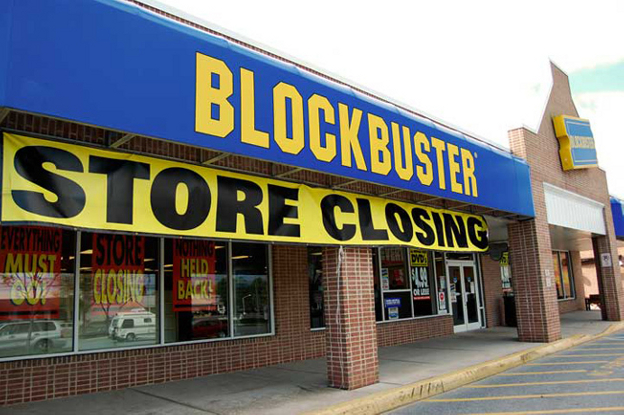None
Buying a game used, while convenient for the gamer in question, has the unfortunate consequence of proffering no money to the company that funded that title’s development, marketing, and distribution. The only one making a profit on that sale is the retailer. If you don’t agree with the practice, then, you can understand why companies have started including “online pass” codes in new copies of their games, even in titles that are exclusively single-player. It’s a method of generating some revenue from used buyers while simultaneously discouraging the sale of used copies. Now, publishers are getting behind game rentals. They’ve offered companies, such as Blockbuster, a lot of support in that vein. 
While it’s a nice theory that developers could cash in on people playing their games before actually paying to buy them, it’s hard to compete when GameStop offers a full refund on used titles returned within seven days, two days longer than the basic rental period at Blockbuster. Further, it’s unclear just what this support the publishers are offering consists of, and how they hope for it to drive more consumers to rental over used purchases. By Shelby Reiches |
